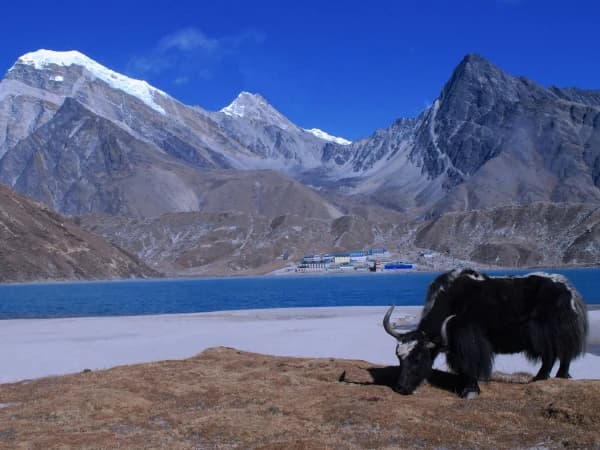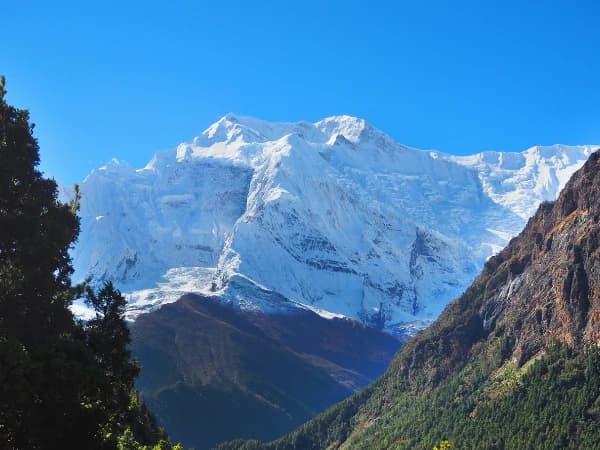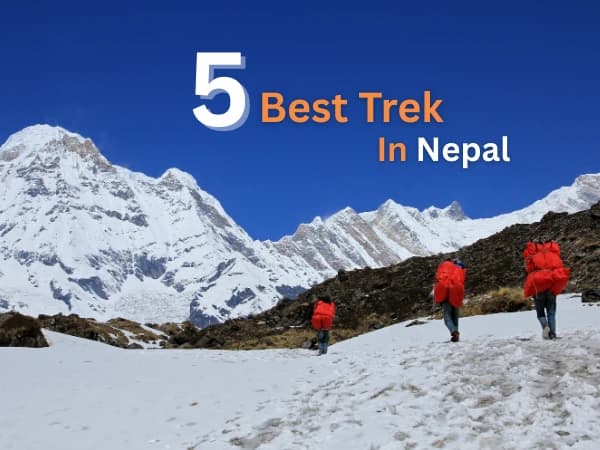The Nepal Government’s sudden ban on Facebook, Instagram, WhatsApp, and other social media platforms has sent shockwaves across the country, with the tourism industry hit especially hard. Trekking agencies and tour operators, who rely on these digital channels for marketing, bookings, and real-time communication with international travelers, warn that the decision could disrupt upcoming trips and weaken Nepal’s global tourism image. While officials defend the move as a safeguard against misinformation and security threats, business leaders caution that cutting off these platforms severs the nation’s vital connection to millions of tourists worldwide.
Nepal Government Bans on Social Media Platforms, Difficult for Tourism in Nepal
Kathmandu — In a move that has shocked both citizens and businesses, the Government of Nepal has announced a nationwide ban on leading social media platforms including Facebook, Instagram, WhatsApp, and other digital communication tools. Authorities stated that the restriction was imposed due to rising concerns over misinformation, online scams, and security threats. While officials described the measure as “temporary,” no clear timeline for lifting the ban has been provided.
How social media ban in Nepal directly affect to Tourism Industry in Nepal?
The impact of this decision is being felt most acutely in the tourism sector, one of Nepal’s most vital industries. Trekking agencies, tour operators, and hotels in Thamel and across the country rely heavily on platforms like Instagram and Facebook to showcase destinations, attract international trekkers, and handle bookings. WhatsApp and Messenger, in particular, have been crucial for real-time communication with clients abroad, from answering itinerary queries to arranging airport pickups. With these tools blocked, businesses warn that tourist confidence could decline, and upcoming travel plans may face disruption.
Industry experts stress that social media has become the backbone of Nepal’s tourism marketing in the digital era, connecting adventure seekers worldwide to Himalayan experiences in just a click. “This ban has cut off our direct lifeline to travelers,” said one Kathmandu-based trekking operator. “Without Instagram reels, Facebook updates, and WhatsApp calls, our ability to inspire and reassure tourists is severely weakened.” Analysts caution that unless the government quickly clarifies or revises the policy, Nepal risks not only damaging its global image but also losing significant revenue from one of its most reliable economic engines.




